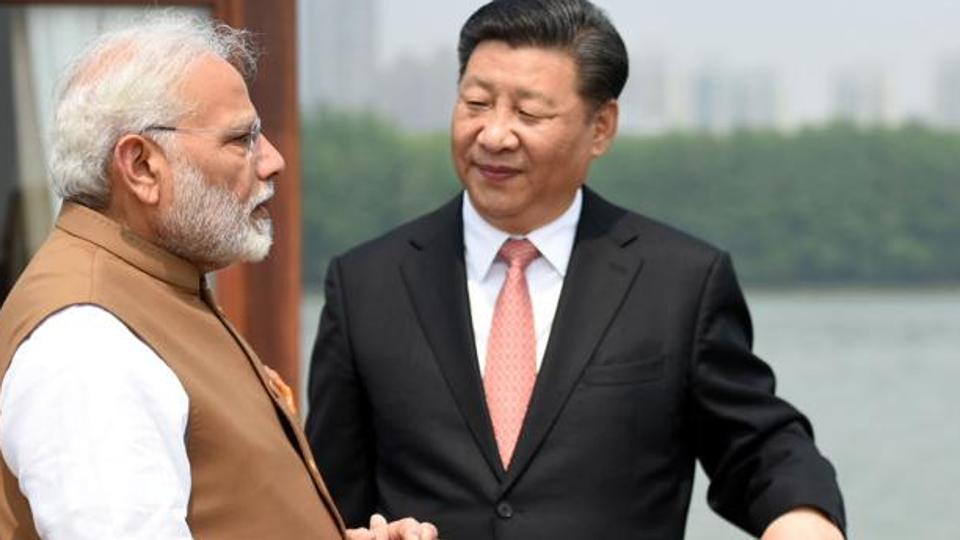As India decided to not buckle under Chinese pressure, and ditched Regional Comprehensive Economic Partnership (RCEP), the Communist country said that it is ready to resolve outstanding issues raised by India.
Previously, China had said that RCEP would move ahead, with or without India. The accommodative stance after India ditched the multilateral trade pact shows that China did not anticipate that- their largest market will go for such an extreme move.
“The RCEP is open. We will follow the principle of mutual understanding and accommodation to negotiate and resolve those outstanding problems raised by India and we welcome an early joining by India,” said Chinese Foreign Ministry spokesman Geng Shuang.
China desperately wants India to become part of RCEP because they stand to lose the largest market if India remains outside of the world’s largest trade deal, which was expected to cover more than half of global population, had India joined.
To pressure India into signing the deal, China proposed Free Trade Agreement (FTA) with ASEAN+3 (China, Japan and South Korea) in May 2019. The proposed deal was aimed to force Australia and New Zealand to convince India to be more flexible with RCEP negotiations.
But, Modi government gave a big blow to Chinese ambitions by not going ahead with the deal. Now China wants to offer a better deal to India, as it has lost the largest market. “This is two-way and complementary (deal) and I should point out that China and India are both emerging major developing countries. We have a huge market of 2.7 billion people and there is a big potential in the market,” said Geng.
India had very solid reasons to back off from China-led RCEP. The member countries of RCEP include ten member states of the Association of Southeast Asian Nations (ASEAN) (Brunei, Cambodia, Indonesia, Laos, Malaysia, Myanmar, the Philippines, Singapore, Thailand, and Vietnam) and 6 Asia-Pacific countries (Australia, China, India, Japan, South Korea and New Zealand). Out of the 15 member countries, India already has trade deals with ASEAN (10 countries), Japan, and South Korea.
The only countries whose market access India would have got are- Australia, New Zealand and China. The government is already working on bilateral trade deals with New Zealand and Australia. India is not interested in signing a free trade deal with China as India already has a 53 billion dollar trade deficit with the country.
A $53 billion trade deficit with China is a major concern for the policymakers in the country; businessmen policymakers also worry that India could be dumping ground for Chinese exports as the United States shuts door for them.
Therefore, India wanted import cap for China which means the country would have been free to raise tariffs on Chinese products, but the member countries did not agree to Indian demand.
One argument in favour of the trade deal was that India will gain at services front due to the robust presence of Indian companies in the services sector. The policymakers were very much sure that India is going to lose on the goods front in the short term but on the services front, there will be an opportunity to capture a large market. In the long run, the service sector will constitute a larger part of the Indian economy, therefore, the trade-off of goods for services seem a good idea.
India wanted more trade in services and preferential treatment to Indian services sector. This would have meant that Indian workers in IT sector, medical professionals, and teachers could easily migrate to member nations and work there. But, China did not agree to these demands.
The trade deficit with China as well as other RCEP member nations has widened over the years. Currently, the trade deficit with China is around $53.5 billion and deficit with other RCEP nations is around $52 billion. The country has $105 billion combined trade deficit with RCEP member nations and in this case these jaw-dropping numbers have trumped the optimism around RCEP.
A multilateral deal like RCEP, with India’s concerns unaddressed, would have further widened trade deficit with member nations. India would prefer a bilateral deal with member countries of RCEP instead of a multilateral deal. Out of the 15 member countries, India already has trade deals with ASEAN (10 countries), Japan, and South Korea.
As India has ditched RCEP as of now, it looks like China and other RCEP nations will offer the country a better deal in the upcoming months. It is important to join a multilateral trade block, but, signing it our terms is more important.
